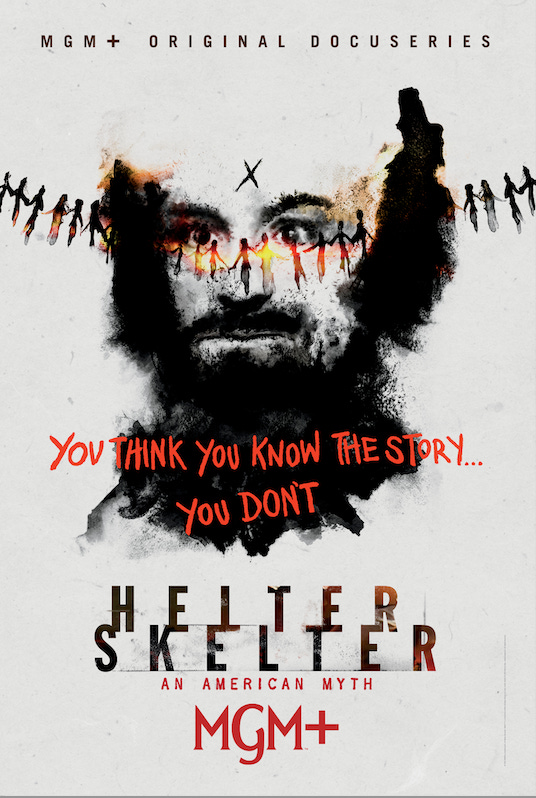“[Mass murderer Charles Manson] often talked about ego and the need to destroy the ego,” one of Manson’s cult members recalls in Helter Skelter: An American Myth. This is the most interesting disclosure of the six-part 2020 series, which aired on Epix (part of MGM’s streaming app). Unfortunately, this crucial aspect of convicted murderer Manson’s altruist-collectivist, nihilist, racist, socialist philosophy is abandoned.
In fragmented 50-minute episodes, Manson’s murderous story is retold. Though the philosophical angle’s absent—except as it is coincidentally shown, reported or demonstrated in certain segments—early episodes show little-known parts of Manson’s impoverished upbringing in or around West Virginia, Ohio and Pennsylvania. Manson’s mother was awful, to put it mildly. He was abused. The series, advertised with rare pictures, new interviews and footage as a “docuseries”, proves that Manson was fast-tracked to nothingness, thuggishness and a criminal mind.
Keep reading with a 7-day free trial
Subscribe to Autonomia to keep reading this post and get 7 days of free access to the full post archives.




